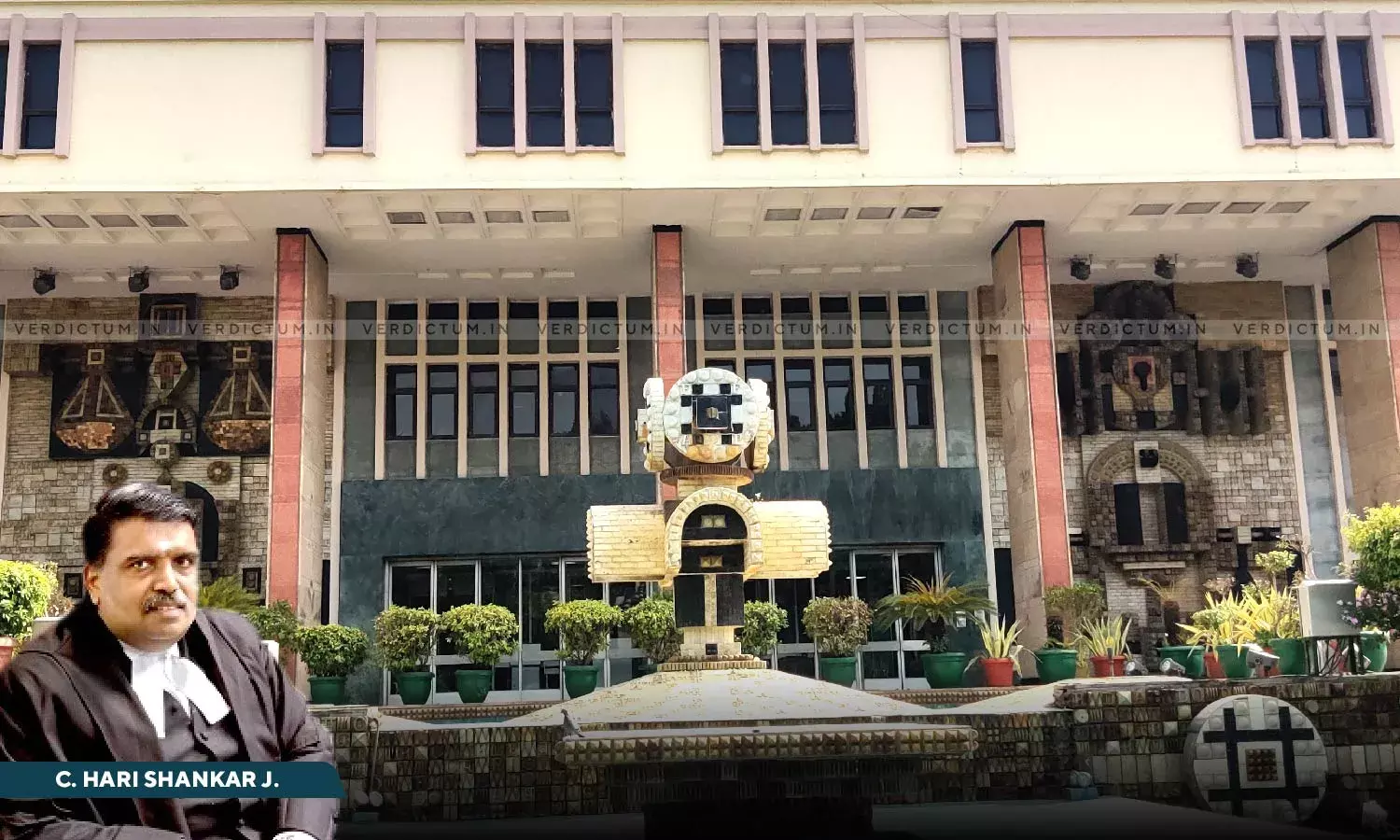International Maths Olympiad At The End Of Day A Tournament, OCIs Cannot Participate In It: Delhi High Court

The Delhi High Court held that the Overseas Citizens of India (OCIs) cannot participate in the International Maths Olympiad because at the end of the day it is a tournament.
The Court held thus in a writ petition filed by an OCI woman who desired to participate in the Asia Pacific Math Olympiad (APMO), the European Girls Mathematical Olympiad (EGMO), and the International Mathematical Olympiads (IMO).
A Single Bench of Justice C. Hari Shankar observed, “There is a qualitative difference between the right to attempt the NEET, which is fundamental to the academic progress and advancement of a person, as well as to his right to pursue the medical profession, and the right to undertake an International Maths Olympiad. The International Maths Olympiad is, unlike the NEET, at the end of the day a tournament. Though it might form part of the overall academic growth of the student who attempts the Olympiad, the right to attempt an Olympiad can hardly be compared with the right to attempt the NEET and, thereby, acquire a primary medical qualification which would enable the person concerned to practice as a doctor in this country. They are as alike as chalk and cheese”
Advocate Anindita Mitra represented the petitioner while Advocates Satya Ranjan Swain and Vedansh Anand represented the respondents.
In this case, the petitioner was aggrieved by the notice which was published on the website of the Homi Bhabha Centre for Science and Education (HBCSE), which conducts the preliminary rounds of selection, under the aegis of the Department of Atomic Energy, to decide on the candidates to be sent to represent India in International Maths Olympiads. The petitioner was an OCI and despite the somewhat confusing nomenclature, not an Indian Citizen. OCI status is conferred in terms of Section 7A of The Citizenship Act 1955.
The petitioner was a citizen of the US and had a US passport. She had no Indian passport and was aggrieved by the denial, to OCIs, of the chance of participating in the International Mathematical Olympiads on behalf of India, merely because she was an OCI. The counsel for the respondent pointed out that the participation in the International Mathematical Olympiads is only the final culmination of a five-stage procedure which starts with the candidates qualifying in the Indian Olympiad Qualifier in Mathematics, 2023 (“the IOQM-2023”).
The High Court in view of the facts and circumstances of the case noted, “The principle in Anushka, that OCIs could not be discriminated vis-a-vis NRIs in the matter of attempting the NEET for further advancement in the professional career of the student concerned by enabling him to become a doctor cannot, in my opinion, be parallelised to the right of the petitioner to undertake the Maths Olympiad.”
The Court said that there is, moreover, a fundamental and intelligible differentia between the petitioner and other persons who reside in India and are entitled to undertake the maths Olympiad and that the petitioner is not an Indian citizen which by itself constitutes an intelligible differentia between the petitioner and citizens of the country who are entitled to undertake the maths Olympiad.
“Students who attempt an international Olympiad represent the country. They represent its intellectual wealth. Success in the Olympiad augments the country’s intellectual reputation and represents the country’s intellectual strength in the global firmament. There is, therefore, an integral inter-connect between the requirement of the student being a citizen of this country, and the right to participate in the Olympiad. … Moreover, insofar as this right is concerned, there can be no difference between the petitioner and any other foreign citizen. If the petitioner is to be allowed to undertake the Maths Olympiad, every foreign citizen, who is residing in India for a considerable period of time, would be entitled to the same benefit”, it added.
The Court further said that there is a justifiable reason for not permitting non-citizens to represent India in International Maths Olympiad, and the decision cannot, therefore, be treated as either arbitrary or taken without proper application of mind.
“Besides, as has been correctly held by the High Court of Madras in G. Venkatesh, the decision as to who should be permitted to attempt the Olympiad is a policy decision. Participation in international Maths Olympiads is handled by the Department of Atomic Energy, which has outsourced the task to the Homi Bhabha Centre for Science and Education. The decision is, therefore, one taken at the executive and governmental level. Administrative and executive decisions dealing with academic matters ought not, ordinarily, to constitute subjects of judicial interference unless they are so arbitrary that no court can in its right mind tolerate the decision”, it concluded.
Accordingly, the High Court dismissed the petition and refused to allow OCIs to participate in the Olympiad.
Cause Title- Kenisha Agrawal Minor Represented by Father and Natural Guardian Mr Nitin Agrawal v. Union of India & Ors. (Neutral Citation: 2024:DHC:2041)
Appearance:
Petitioner: Advocate Anindita Mitra
Respondents: Advocates Satya Ranjan Swain, Vedansh Anand, and Kautilya Birat.


